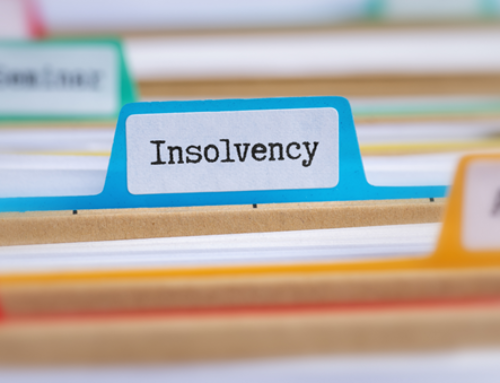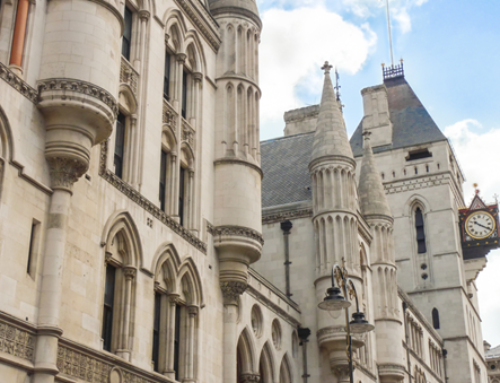As widely predicted, the Labour Party has won the UK General Election after a notably short campaign period. The victory, while exhilarating for Labour supporters, raises several questions about the feasibility of the ambitious promises made during the campaign. Will the new government be able to deliver on its commitments, or were these pledges merely election hot air?
A Campaign of Bold Promises
The Labour Party’s campaign was marked by a series of bold promises aimed at addressing long-standing issues within the UK. These included significant investments in the NHS, substantial increases in funding for education, ambitious climate action plans, and reforms to social care. The manifesto also promised to address income inequality, improve public transportation, and make housing more affordable.
Manifesto taxation considerations
In terms of taxation, there are five broad changes which Labour proposes to make in order to fund their spending pledges: (1) closing the non-dom ‘loopholes’ and reducing tax avoidance, (2) ending tax breaks for private schools, (3) closing the carried interest tax ‘loopholes’, (4) increasing the stamp duty land tax surcharge applicable when non-residents purchase UK residential property and (5) subjecting oil and gas giants to a windfall tax.
Capital taxes – Labour have pledged to bring capital taxes in line with income tax, potential raising the rate of tax of capital disposals.
Businesses
To provide businesses and investors with certainty, Labour proposes to cap corporation tax at 25% for the entire parliament and states that it will act if tax changes in other countries pose a risk to the competitiveness of the UK corporation tax rate. Further, Labour proposes to publish a roadmap for business taxation for the next parliament to allow businesses to plan investments with confidence. Further, Labour intends to create a National Wealth Fund of £7.3bn to unblock billions of pounds of private investment into British businesses.
What is the impact for you and your business?
To be sure of the answer to this would need a crystal ball! Which policies will Labour seek to implement first? Will they be able to take the voters from all parties along with them. There are many consideration here are a few to think about:
- Are there ways you could take advantage of current tax rules before there are changes
- If you are considering closing your business to take advantage of Business Asset Disposal Relief should you be moving quickly in case there is a change of rules?
- If you have tax arrears should you be entering into a Time to Pay agreement to avoid being a “tax avoider”
If the change of government makes you fearful for your business why not give us a call? At DMC Recovery we are experienced in helping business owners “see the wood for the trees” in times of financial difficulty.






